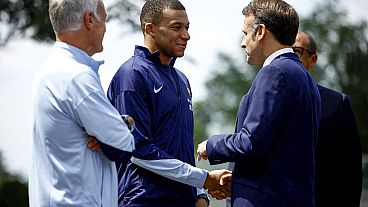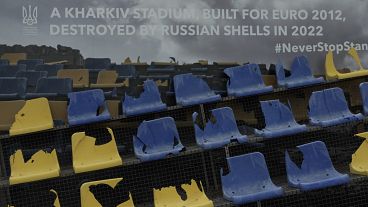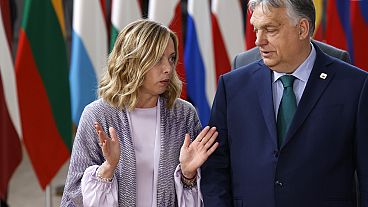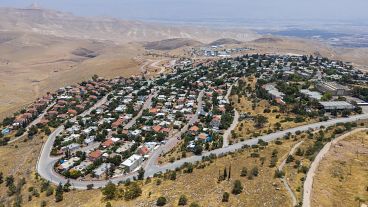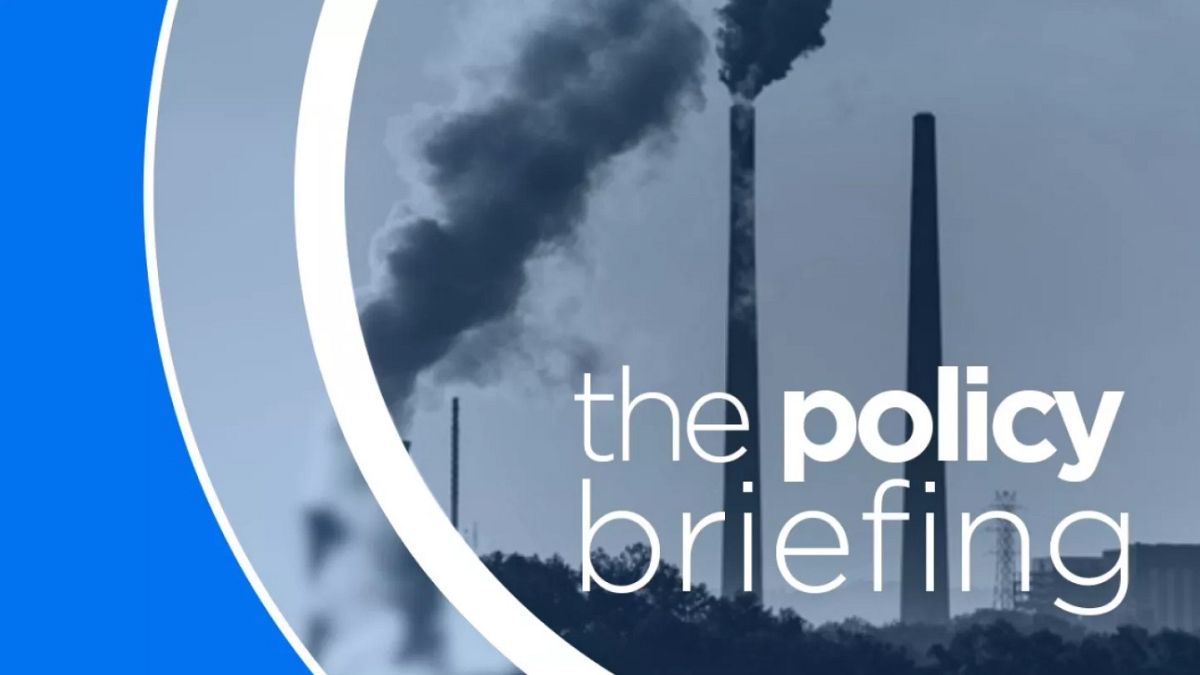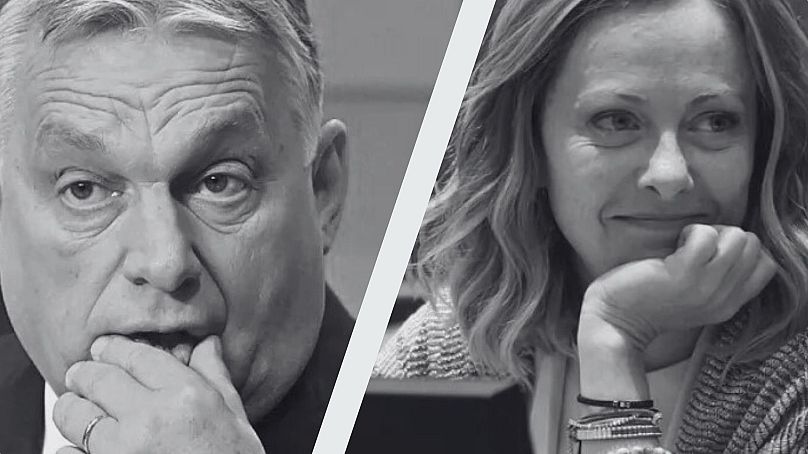This week's key events presented by policy editor-in-chief, Jeremy Fleming-Jones
Key diary dates
• Tuesday 2 July: European Climate Neutrality Observatory’s report launch: tracking EU’s progress towards climate neutrality.
• Wednesday 3 July: Energy Commissioner Kadri Simson in Buenos Aires, co-chairing the High-Level Energy Dialogue with Argentina, along with Secretary of Energy Eduardo Rodríguez Chirillo.
• Wednesday 3 July: Friends of Europe and the European Environment Agency launch report: Navigating the EU's sustainability transitions in a polycrisis world.
In spotlight
Brussels-based green campaigners reacted with tempered relief to last week’s agreement on the EU’s five-year strategic agenda, as we reported, and its recognition of a triple environmental crisis. But some remain concerned about the European Council’s overarching commitment to boost Europe’s competitiveness and industrial base, fearing that this signposts backsliding on the Green Deal.
As the Council was hammering out its strategic agenda last week, the head of environment policy for the powerful centre-right European People's Party (EPP) called for a two-year delay to market restrictions aimed at discouraging deforestation outside the EU.
Peter Liese, an MEP since 1994 and freshly re-elected, said he was “confident” the EU executive would move to postpone an incoming ban on marketing goods linked to deforestation, following a warning last month from the Biden administration in Washington. The EPP also has other Green Deal legislation in its sights, Liese said.
The extent to which Green Deal implementation is delayed or impacted by the new Commission remains moot however, since much still rests on the political matrix that will underpin the new Commission.
Although Ursula von der Leyen has been nominated by the Council, she still needs to get the nod from the Parliament and, as reported, will likely need support from outside the core alliance of EPP, Socialists & Democrats and Renew group MEPs.
Where von der Leyen garners that support could yet further impact the manner and emphasis placed on the different strands of her strategic agenda.
That vote come in the the mid July Strasbourg plenary in two weeks’ time, but this week will be crucial in the parliament, since groups have until Thursday (4 July) to reconstitute themselves.
The right wing will be critical to watch in this respect. It is already split into two factions - the European Conservatives and Reformists (ECR) and the more radical Identity and Democracy (ID) – though new formations are emerging.
Yesterday (30 June) in Vienna, the Ano party of former Czech Prime Minister Andrej Babis – who recently departed Renew Europe, the Fidesz MEPs of Hungary’s Viktor Orbán, and Austria's Freedom Party announced the formation of a new 'Patriots for Europe' alliance. They said they aimed to create a bloc of like-minded parties to counter the left in the Parliament. But no new group was announced and the initiiative appeared to be an invitation for other far-right parties to join them.
An ECR constitutive meeting initially slated for Wednesday (25 June) was postponed and then cancelled entirely after members of the Polish Law and Justice (PiS) - the second biggest party in the group - failed to turn up in sufficient numbers, signalling divisions on the party's future direction.
ECR’s dominant party is now Giorgia Meloni’s Brothers of Italy (fdI) which is seen as a potential support raft for von der Leyen, but Meloni will want to maintain the clout of a large parliamentary group. The group is expected to reconvene on Wednesday (3 July) and all eyes will be on PiS and FdI.
Policy newsmakers
Hungarian and Italian Prime Ministers Viktor Orbán and Giorgia Meloniaccused the EU of being undemocratic after the pair were excluded from preliminary negotiations and failed to secure a high-level seat in the next political cycle for their political groups. Meloni voted against former Socialist Portuguese Prime Minister António Costa as president of the European Council, Liberal Estonian Prime Minister Kaja Kallas as the High Representative for Foreign Affairs and Security Policy, and abstained on European Commission President Ursula von der Leyen, while Orbán voted against von der Leyen, abstained on Kallas and backed Costa.

